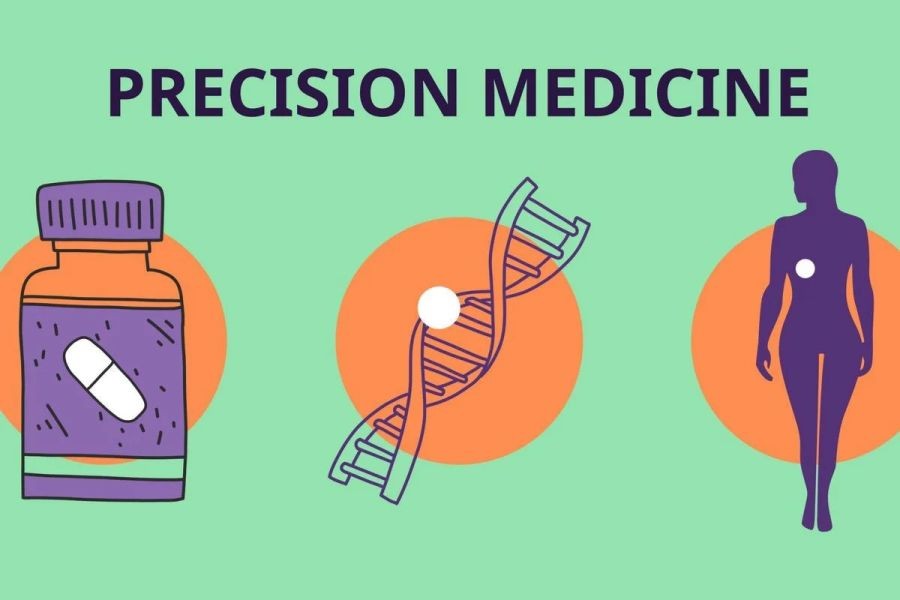In New Zealand, social media marketing is often heralded as the ultimate tool for brand promotion and customer engagement. Yet, despite its potential, a surprising number of Kiwi brands struggle to harness its full power effectively. This challenge is not unique to New Zealand but is particularly pronounced due to specific local economic and cultural factors. As corporate lawyers, understanding these dynamics can offer crucial insights into the intersection between digital marketing and business regulation.
The Crucial Role of Social Media in New Zealand’s Economy
Social media platforms are not just digital playgrounds for individuals; they are pivotal in shaping business landscapes. According to Stats NZ, over 80% of New Zealanders are active social media users, making it a fertile ground for brand interaction. However, the high user engagement does not necessarily translate into successful marketing strategies for local businesses.
One reason is the diverse economic structure of New Zealand, where small to medium-sized enterprises (SMEs) dominate. The Ministry of Business, Innovation and Employment (MBIE) reports that SMEs constitute 97% of all firms in New Zealand, yet many lack the resources or expertise to execute effective social media campaigns. This disconnect often leads to misallocated marketing budgets and underwhelming campaign results.
Common Pitfalls in Social Media Marketing
Several factors contribute to the struggle of New Zealand brands with social media marketing. Understanding these pitfalls can help businesses navigate this complex landscape more effectively.
1. Overemphasis on Sales Over Engagement
Many brands in New Zealand focus excessively on sales rather than building genuine engagement. Social media is inherently social, and prioritizing sales can alienate potential customers. Successful campaigns often emphasize community building and storytelling, which fosters long-term brand loyalty.
2. Inadequate Understanding of Platform Dynamics
Each social media platform has its unique culture and user expectations. For instance, content that performs well on Instagram may not have the same impact on LinkedIn or Twitter. Many New Zealand brands fail to tailor their strategies to suit these nuances, resulting in missed opportunities for engagement.
3. Neglecting Data-Driven Strategies
The Reserve Bank of New Zealand highlights the increasing importance of data analytics in driving business decisions. However, many brands overlook the wealth of data available from social media interactions, which can provide insights into customer preferences and behavior. Without data-driven strategies, marketing efforts often lack direction and impact.
Case Study: Icebreaker’s Social Media Strategy
One successful example of effective social media marketing is Icebreaker, a New Zealand-based clothing company specializing in merino wool apparel.
Problem: Icebreaker faced the challenge of distinguishing itself in a competitive global market. With sustainability and quality as its core values, the company needed to convey these effectively through social media.
Action: Icebreaker leveraged Instagram to showcase the natural beauty of New Zealand, aligning its brand with the country's pristine landscapes. By collaborating with influencers who shared their sustainability ethos, Icebreaker generated authentic content that resonated with their audience.
Result: The campaign led to a 35% increase in Instagram engagement and a 20% rise in online sales within six months. The company’s commitment to transparency and quality was successfully communicated, strengthening its brand image.
Takeaway: Authentic storytelling and aligning with influencers who share your brand values can significantly enhance social media marketing efforts.
Pros and Cons of Social Media Marketing in New Zealand
Pros:
- Wide Reach: With a high percentage of social media users, brands can reach a vast audience.
- Cost-Effective: Compared to traditional advertising, social media offers a more affordable platform for promotion.
- Real-Time Feedback: Immediate interaction with customers allows for quick adjustments and improvements.
Cons:
- Resource Intensive: Effective social media strategies require time and expertise, which many SMEs lack.
- Fast-Paced Changes: Constant platform updates and algorithm changes can disrupt marketing strategies.
- Risk of Negative Publicity: Missteps can quickly lead to public backlash, affecting brand reputation.
Common Myths About Social Media Marketing
Understanding misconceptions about social media marketing can help avoid common traps.
Myth: “More followers mean more success.” Reality: Engagement and conversion rates are more critical metrics. A high number of followers does not guarantee business success.
Myth: “Social media is only for young audiences.” Reality: Platforms like Facebook have a diverse user base, including older demographics, important for many businesses.
Myth: “You can automate everything.” Reality: While automation tools are helpful, personal interaction remains crucial for building genuine connections.
Future Trends in Social Media Marketing
The landscape of social media marketing is ever-evolving, and staying ahead of trends is essential. By 2026, it is projected that augmented reality (AR) will become an integral part of social media platforms, offering immersive brand experiences. This technology presents an opportunity for New Zealand brands to highlight their unique offerings in innovative ways.
Conclusion
For New Zealand brands, mastering social media marketing requires a nuanced understanding of both the platforms and the local market. By focusing on authentic engagement, utilizing data-driven strategies, and adapting to platform dynamics, brands can transform their social media presence from a challenge into a powerful tool for growth. As corporate lawyers, guiding clients through the regulatory and strategic aspects of social media can provide a competitive edge in this digital age.
What has been your experience with social media marketing in New Zealand? Share your thoughts and strategies that have worked for you!
People Also Ask
How does social media marketing impact businesses in New Zealand? Social media marketing offers New Zealand businesses a platform to reach a broad audience, with over 80% of Kiwis active on social media. Properly leveraged, it can significantly enhance brand visibility and customer engagement.
What are the biggest misconceptions about social media marketing? One common myth is that more followers equate to success. However, engagement and conversion rates are the true indicators of a successful social media strategy.
What are the best strategies for implementing social media marketing? Experts recommend focusing on authentic engagement, utilizing data-driven strategies, and adapting content to suit platform-specific dynamics for long-term success.
What upcoming changes in New Zealand could affect social media marketing? By 2026, advancements in augmented reality are expected to transform social media, offering brands new ways to engage audiences through immersive experiences.
Related Search Queries
- Social media marketing strategies for New Zealand businesses
- Challenges in social media marketing in New Zealand
- Future trends in social media marketing
- Case studies of successful social media marketing in New Zealand
- How to measure social media ROI in New Zealand
































JannTricke
9 months ago